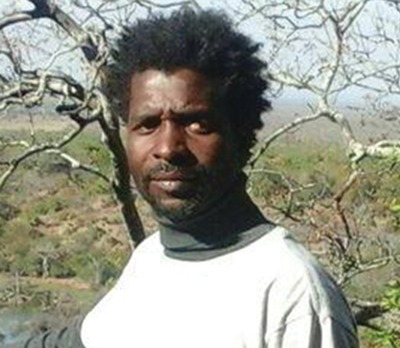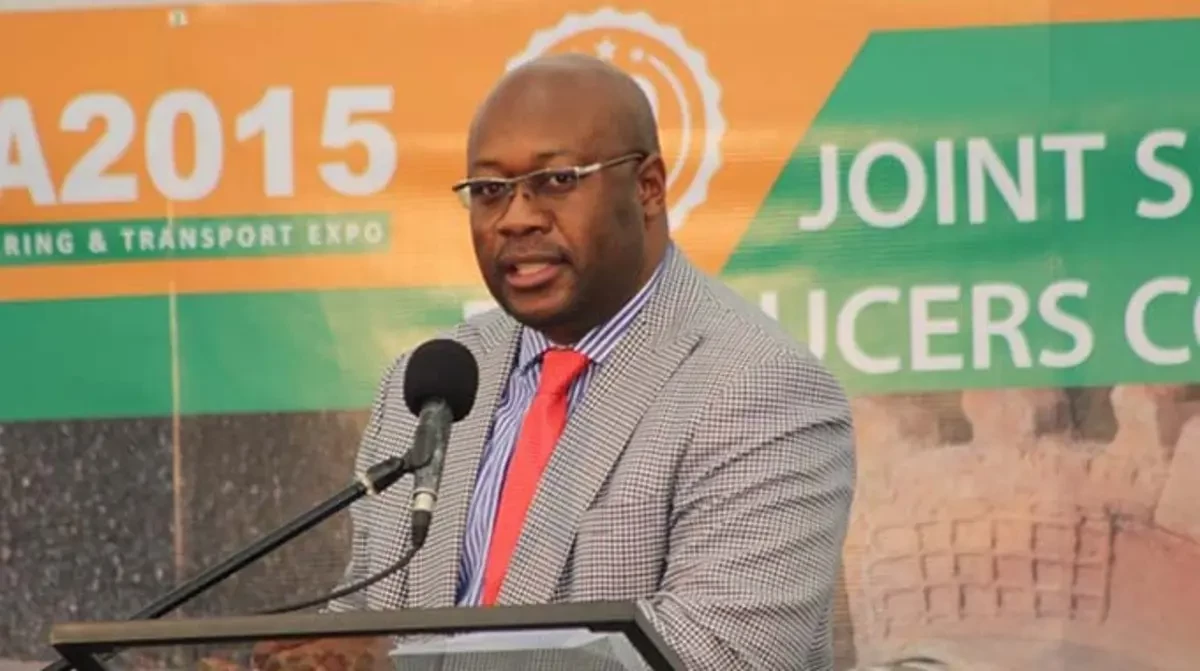
FINANCE minister Mthuli Ncube last week delivered the 2021 national budget. It was a clear budget on the path the country is taking — neoliberalism — and further squeezing of the poor working class and small and medium enterprises (SMEs) at the same time creating socialism for the rich.
Paidamoyo Muzulu
It is important to define two terms in the introduction – neoliberalism and socialism for the rich. Neoliberalism is an economic concept popularised by economist Milton Friedman of the Chicago School of Economics. At its basic form, neoliberalism is about free market economics — markets (capital) knows best. Socialism for the rich is a term that came into wider use during the 2008/9 economic global recession. Governments across the world bailed out struggling banks and large corporations so that they would not collapse yet the same governments are criticised for providing social safety nets for the poor and vulnerable.
Ncube marked the path Zimbabwe will pursue to prosperity — Vision 2030 — creating an upper middle-class economy with a per capita income of above US$4 000. This is a grand vision. The vision is supported by increasing and aggressive revenue collection. It is hinged on taxing what all along has become known as the invisible economy — informal sector.
First was the introduction of the 2% intermediate mobile money transfer tax. In the second wave for taxes, Ncube increased the presumptive tax to on average $10 000 per month for saloons, general dealer shops and bars and nightclubs. Landlords housing informal businesses are also to act as Zimbabwe Revenue Authority agents to collect the equivalent of US$30 per month levy for a cubicle.
The new tax regime does not affect big business. Tax brackets for big businesses have remained flat. In addition, they received a bailout and tax breaks for their operations. Big businesses are still to fully utilise the $18 billion COVID-19 fund. Those in tourism can still bring in buses/coaches without paying import duty. In simple terms, Ncube is saying to SMES formalise or close shop; or else I will make it very difficult for you to operate by a multiplicity of taxes.
The Emmerson Mnangagwa-led administration is certain that Zimbabwe will farm itself out of poverty. To that end, each year since 2015 has set aside money for Command Agriculture, a military co-ordinated production of maize, soya beans and wheat. Billions of dollars have been released for the project, but there is very little to show for it five years down the lane.
Zimbabwe has dilly-dallied with agriculture support for resettled farmers since 2008, but with very minimal returns. Former Reserve Bank of Zimbabwe (RBZ) governor Gideon Gono in quasi-fiscal operations extended a US$200 million Farm Mechanisation Programme for agriculture support. Machinery such as tractors, combine harvesters, ploughs, boom sprays, harrows and trailers were distributed like confetti to politically connected A2 farmers.
- Chamisa under fire over US$120K donation
- Mavhunga puts DeMbare into Chibuku quarterfinals
- Pension funds bet on Cabora Bassa oilfields
- Councils defy govt fire tender directive
Keep Reading
The machinery was never put to good use and the debt was assumed by the State through the RBZ Debt Assumption Act. This is a form of socialism for the rich. The rich got tractors, combine harvesters, farms and other equipment for free and the taxpayer is picking up their bills. Contrast this with the privatisation of public transport, higher and tertiary education and health services, one can tell the poor are on their own.
Mthuli let out of the bag that Command Agriculture was a scam. The material was neatly tucked in the 2021 national budget statement. The minister gave a graph showing maize production for the period extending 2013 to 2023.
Command agriculture was introduced in 2015 and by 2018 season it had used US$3,2 billion. The majority of the money went to Sakunda Holdings and FSG. The project was intended to produce 2 million tonnes of maize from 400 000 hectares at an average production of 5t/ha. The target was awfully missed.
In 2015, the country produced 742 000 tonnes. Production dropped to 511 810 tonnes in 2016. Miraculously shot to 2 155 000 tonnes in 2017 and declined to 1 700 000 tonnes in 2018. In the past season — 2019 — the country produced 776 630 tonnes.
In simple terms, after splurging US$3,2 billion on Command Agriculture Zimbabwe went on to import grain. Not only did the country import grain but made an international appeal for food aid. The farmers who benefitted from the dubious scheme laughed all the way to the bank and processes are underway for the State to inherit the debt.
The administration has made it abundantly clear that State guaranteed loans are accessed by the rich and politically-connected individuals and should not be paid back. It is interesting that in the 2020/21 agriculture season, the government has further provided for Pfumvudza and Command Agriculture and most likely production will be below target. A cursory look at the fields show many farmers have not ploughed let alone planted seed.
Is it not time we should be asking why should we continue pumping money into Command Agriculture? The outlook is not good and Ncube said the same. Projected maize output for 2021 is 1,4 million tonnes; a slight improvement to 1,6 million tonnes in 2022 and lastly 1,7 million tonnes in 2023. In other words, Zimbabwe will continue importing grain in the short to medium term despite massive investments for agriculture production. Probably it’s time we get to know who is benefitting from the mess.











